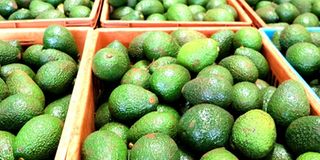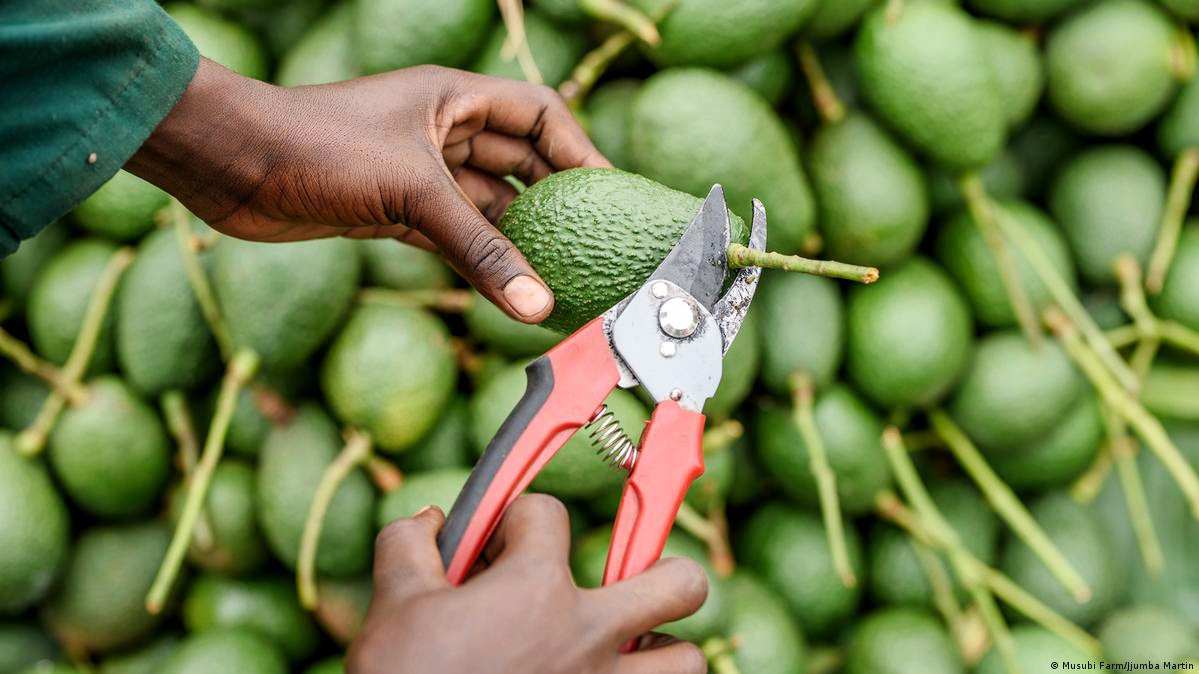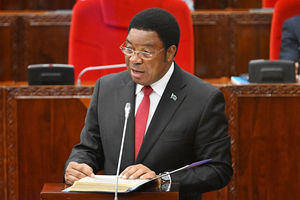Prime
Higher phytosanitary fees hit agro-exports, government responds

What you need to know:
- Exporters remain concerned about the financial burden, urging the government to review the policy to safeguard the sector’s competitiveness.
Arusha. Tanzania’s agricultural export sector faces a major policy shift following a sharp increase in fees for phytosanitary certificates, essential for exporting agricultural produce.
The Tanzania Plant Health and Pesticides Authority (TPHPA) has implemented a fee hike of over 460 percent, raising concerns among exporters about the industry's competitiveness.
A phytosanitary certificate verifies that agricultural exports have been inspected and meet pest and disease regulations of the importing country.
As of January 2025, the cost of obtaining these certificates has surged from Sh58,347 per container consignment to Sh331,320. The new structure includes an inspection fee of Sh201,320 and a phytosanitary export certification fee of Sh130,000 for consignments exceeding 1,000 kilograms.
“The increase is unsustainable for many in our industry,” said an anonymous exporter. “It affects pricing and our ability to compete globally. We urge the government to reconsider or introduce mitigating measures.”
But TPHPA director general Joseph Ndunguru defended the increase, citing the need for improved services.
“The new fees ensure compliance with international standards,” he said, adding that the previous rates, set in 1996, no longer supported the Authority’s operations.
Prof Ndunguru said TPHPA has acquired five High-Performance Liquid Chromatography (HPLC) machines, enhancing laboratory capacity. The upgraded facilities allow testing of up to 2,000 crop samples weekly, reducing the need for exporters to send samples abroad.
“These improvements are crucial for issuing accurate phytosanitary certificates, ensuring market access and maintaining Tanzania’s reputation.”
But exporters say small and medium-sized enterprises (SMEs) are particularly affected.
Some exporters are, however, reluctant to speak out for fear of opposing government policy. One horticultural exporter reported a cost surge from Sh1.4 million to Sh7.3 million for 29 shipments, significantly increasing export costs.
Also read: EAC embarks on plan to boost agro-exports
The fee hike also affects non-container shipments processed at airports. Previously, plant quarantine and phytosanitary services cost Sh45,900, but exporters must now pay Sh155,000 for consignments over 1,000 kilogrammes.
Exporters warn that these increased costs could undermine Tanzania’s market position. “Tanzania risks losing market share if this issue is not addressed,” said a prominent cashew nut exporter to Europe and the UAE.
The hike could negatively impact key export sectors, including horticulture ($569.3 million), tobacco ($517.1 million), cashew nuts ($422.8 million), oil seeds ($307.4 million), coffee ($295.5 million), and cereals ($273.4 million).
“The new fee structure contradicts President Samia Suluhu Hassan’s efforts to expand international markets for Tanzanian agricultural products and threatens foreign currency earnings,” said an investor.
Comparative regional fees highlight the disparity. In Rwanda, a phytosanitary certificate costs 200 Rwandan Francs (TSh364.1), in Uganda 5,000 Uganda Shillings (TSh3,348), and in Kenya 600 Kenya Shillings (TSh11,880). These lower fees give exporters in neighbouring countries a competitive edge.
Exporters remain concerned about the financial burden, urging the government to review the policy to safeguard the sector’s competitiveness.





